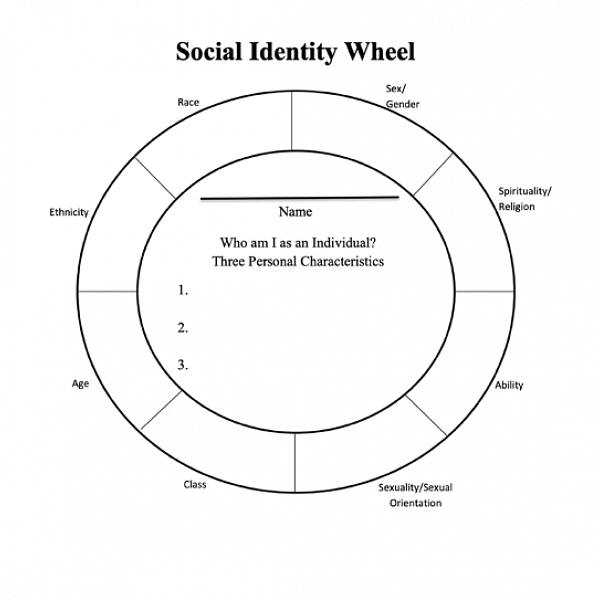Assessments
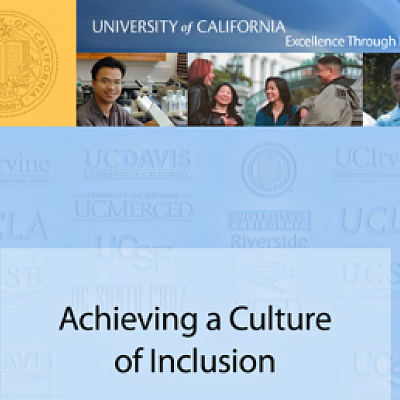
Drange Lee, Susan. 2006. Achieving A Culture Of Inclusion A Self-Assessment Tool. Ebook. 1st ed. University of California. Designed to assess a campus, with the goal to promote diversity and equal opportunity. The campus is broken into six sections that can be placed into various levels of cultural awareness.
"Cultural Competence Self-Assessment Checklist" 2021. Coloradoedinitiative.Org. While the overall checklist is more oriented towards the concept of cultural competence, there is much that is applicable to a cultural humility perspective, particularly the items under “awareness.”
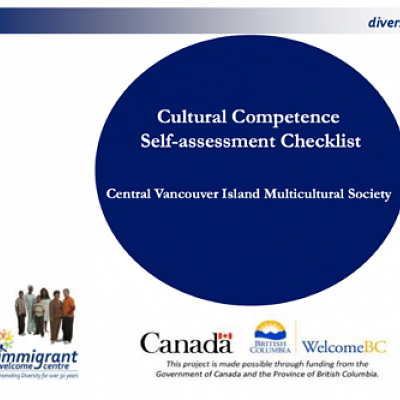
Quizzes
Self-Assessment Tool On Diversity & Inclusion - DIGNA". 2021. Diversitytool.Civicus.Org.
Start by choosing one of seven categories including Culture, Infrastructure, Leadership, People Management, Learning & Accountability, Project & Program Design, and External Relationships. Once a section is complete, a grade is given to show the state of D&I standards in your workplace.
Test Yourself For Hidden Bias". 2021. Learning For Justice.
"Project Implicit" worked to develop Hidden Bias Tests—called Implicit Association Tests, or IATs, in the academic world—to measure unconscious bias. Select a topic and report on your attitudes and beliefs
Tools
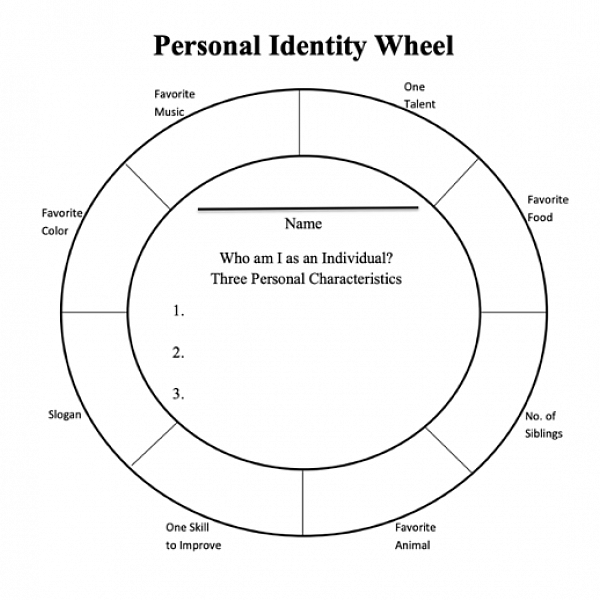
Conversations About Culture - Video and Lesson Plan: Cultural Humility and Cross-Cultural Competence by Sarah Richards-Desai and Laura Lewis. University of Buffalo School of Social Work. Includes:
- Learning objective
- Lecture Sources – Videos
- Readings
- Reflective Exercises
- Self-Assessment Tools
- Additional resources
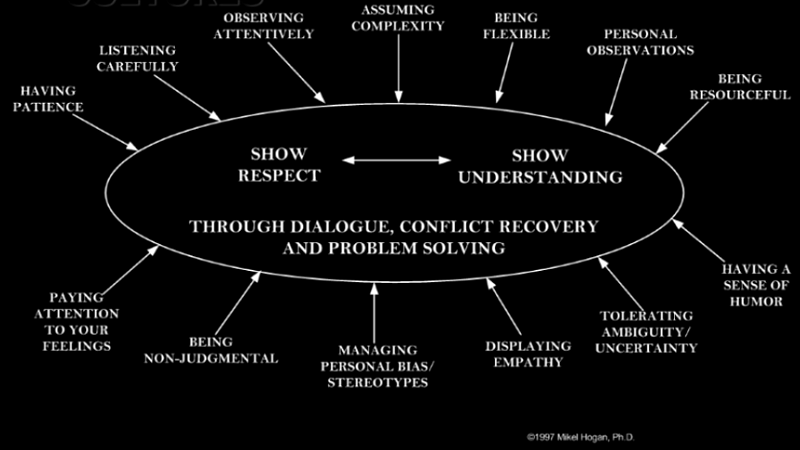
How Personal Competencies Promote Effective Relations with People of Diverse Cultures. Image courtesy of Mikel Hogan, PhD. Reflective Exercises in Conversations About Culture - Video and Lesson Plan: Cultural Humility and Cross-Cultural Competence by Sarah Richards-Desai and Laura Lewis. University of Buffalo School of Social Work.
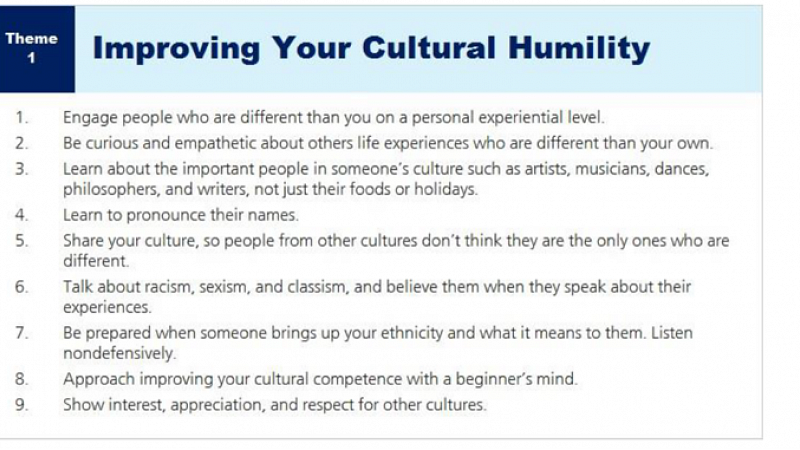
Recovery U: Diversity and Cultural Humility. Learning Module:“By the end of this Learning Module, you will be able to: 1. Differentiate the basic concepts of race, ethnicity, gender, minority group, components of culture, and the role of cultural transmission in perpetuating inequality. 2. Examine the norms, values, traditions, and institutions of the dominant culture. 3. Examine and appreciate your cultural identity and heritage. 4. Recognize, respect, accept, and value differences. 5. Evaluate and develop awareness of one's own prejudices, biases, and attitudes; and 6. Adopt behavior, attitudes, skills, thoughts, and values that promote cultural humility.
Recovery U: Diversity and Cultural Humility. Learning Module:. Wisconsin Voices of Recovery; Continuing Studies, University of Wisconsin-Madison; and Wisconsin Department of Human Services. Accessed June 2021.

